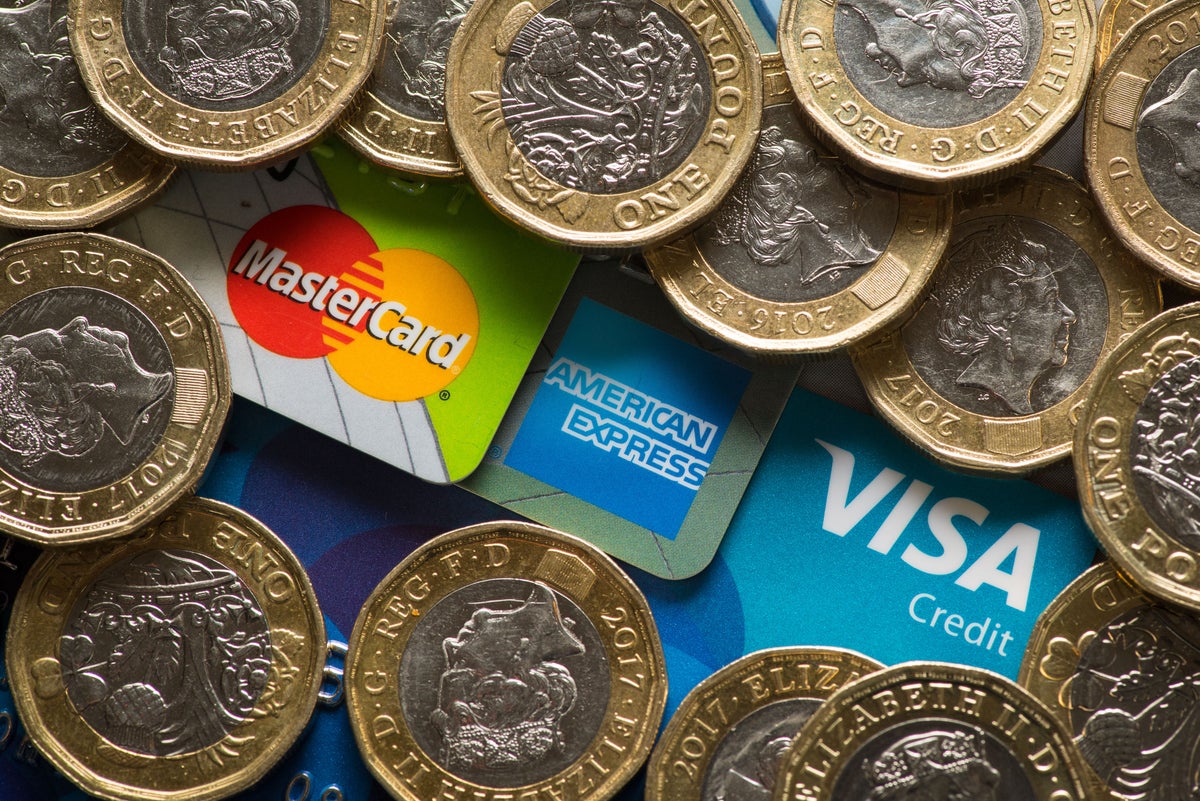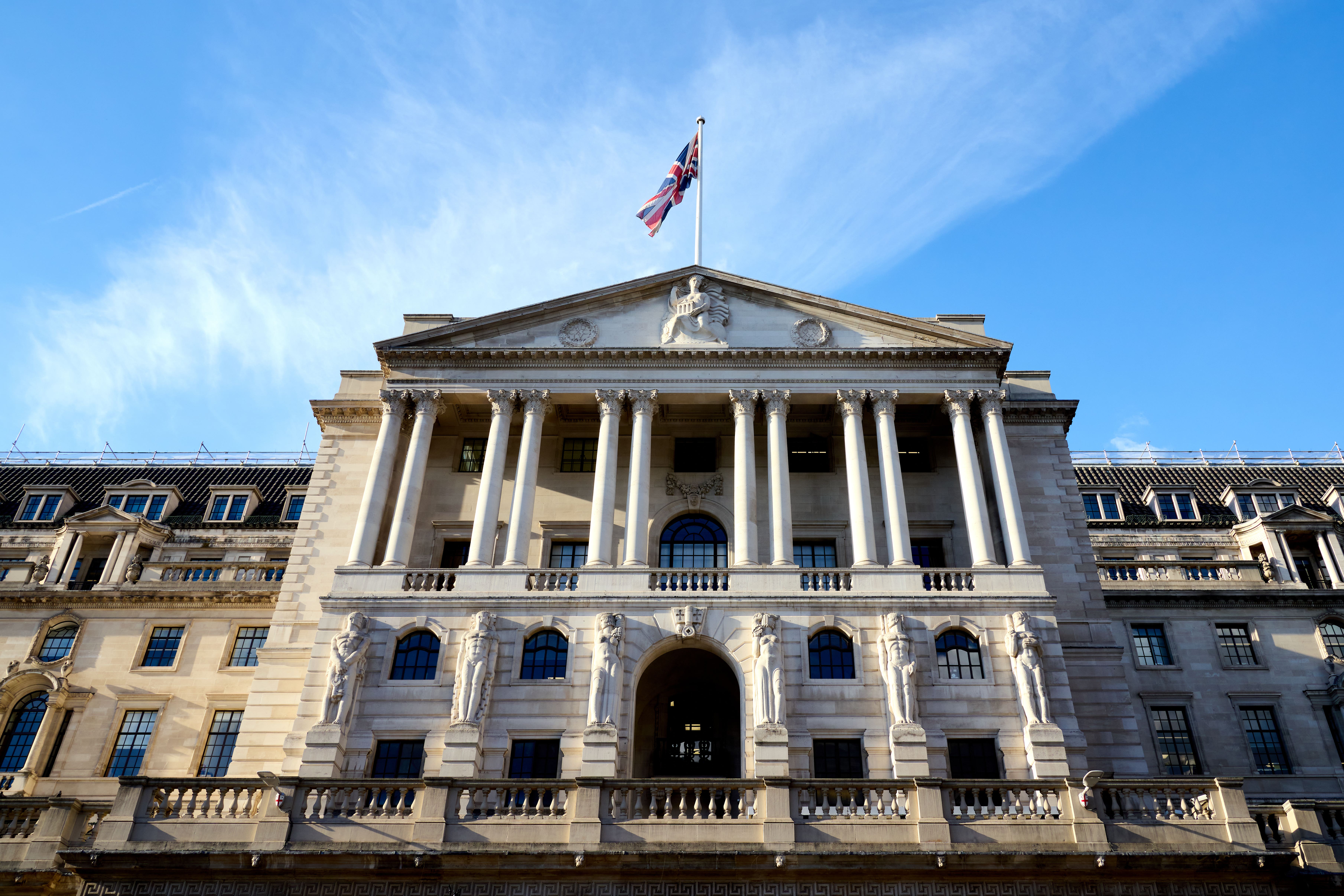
Revised figures show that the UK economy grew by 0.1 per cent in the fourth quarter of last year - more than previously thought.
Economists previously said the economy saw zero growth between October and December.
Friday morning’s updated figures mean the UK narrowly avoided a technical recession, defined by two-quarters of declining growth. The ONS said the improved performance was driven by growth in the telecommunications, construction and manufacturing sectors.
ONS director of economic statistics Darren Morgan said: “The economy performed a little more strongly in the latter half of last year than previously estimated, with later data showing telecommunications, construction and manufacturing all faring better than initially thought in the latest quarter.
“Households saved more in the last quarter, with their finances boosted by the government’s energy bill support scheme.
“Meanwhile, the UK’s balance of payments deficit with the rest of the world narrowed, driven by increased foreign earnings by UK companies, particularly in the energy sector.”
Earlier this month, the ONS reported an improvement in the economy in January, delivering a 0.3 per cent increase in GDP during the month.
Prime minister Rishi Sunak had said it showed that the “underlying fundamentals of the economy are strong” despite seeing a sharp downturn in GDP of 0.5 per cent in December.
Britain - like many countries across the West - has been grappling with a cost of living crisis driven by sky-high energy bills.
Higher gas and electricity costs, driven by Russia president Vladimir Putin’s illegal war in Ukraine, have started to come but remain above average.

Inflation also remains stubbornly high - at 10.4 per cent last month, up from 10.1 per cent in January, driven by surging food and drink prices.
The Bank of England pushed interest rates higher following the surprise jump in inflation, which had come down in the previous three months.
Policymakers on the Bank’s Monetary Policy Committee (MPC) voted seven to two to increase rates from 4% to 4.25%, but said they expect the economy to grow slightly in the second quarter of the year, marking a reversal of the 0.4% decline in gross domestic product (GDP) the Bank had anticipated last month.
Inflation is set to come back down this year despite a surprise increase in Consumer Prices Index (CPI) inflation last month, to 10.4% from 10.1% in January, driven by surging food and drink prices.







